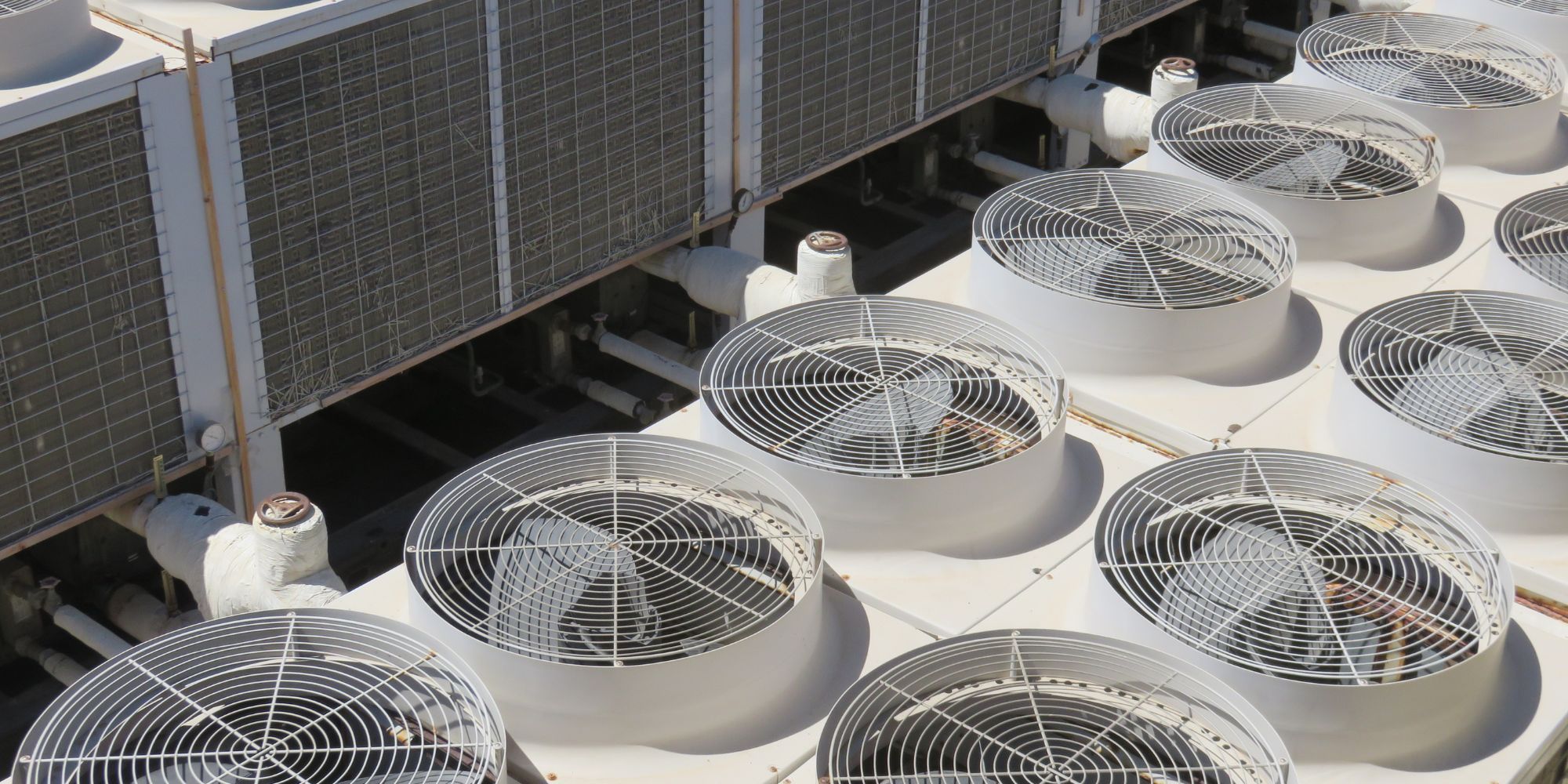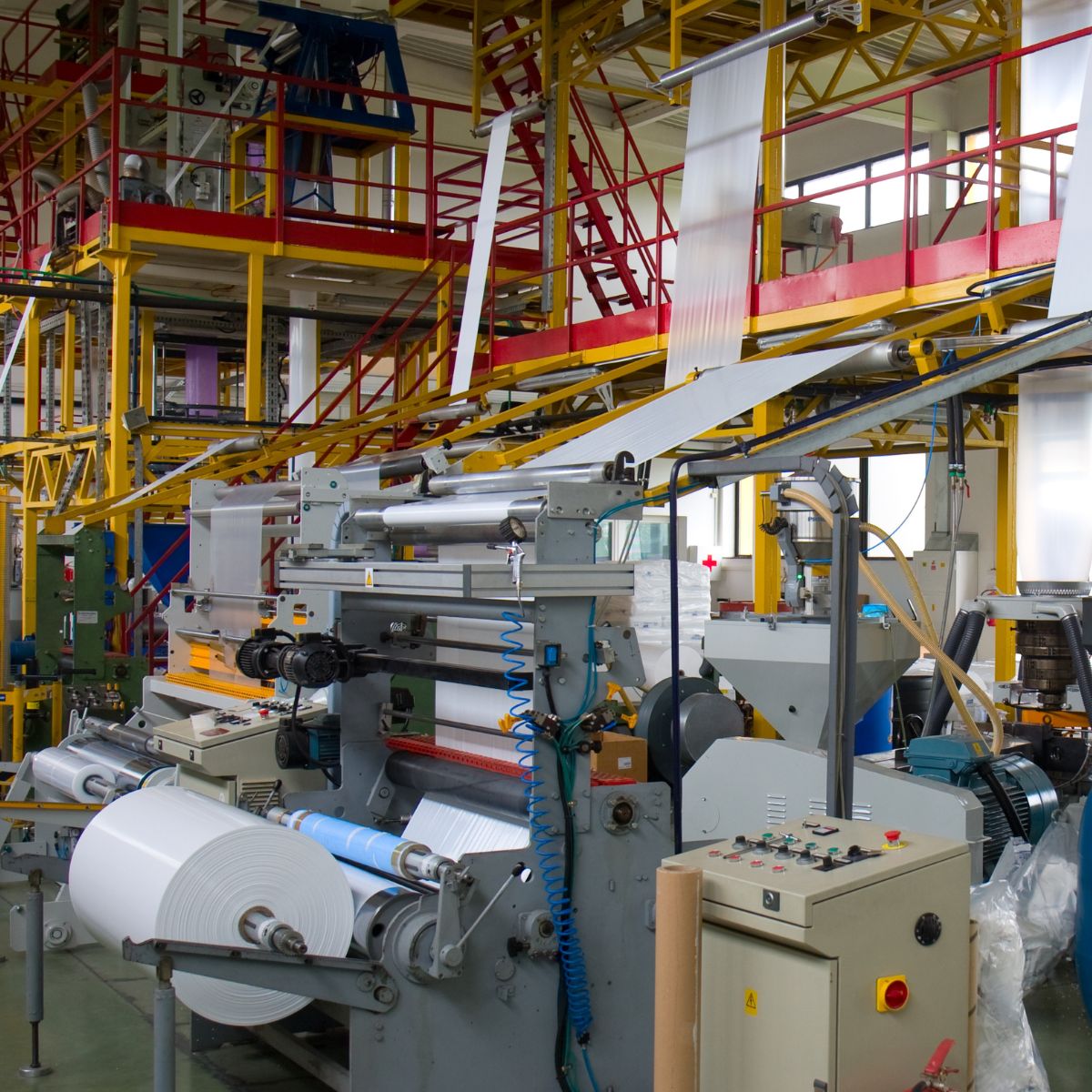
Cooling production from waste heat
Cooling production from waste heat through absorption is an advanced technology that is revolutionizing energy production in industry. It integrates the generation of electricity, heat, and cooling from a single source, which not only increases energy efficiency but also reduces operational costs and minimizes environmental impact. As a technology also used in extended cogeneration, known as trigeneration, it allows for maximum efficiency with a relatively short payback period.
What is waste heat?
In traditional energy systems, heat is usually wasted. The process of its effective use begins with electricity generation, and the heat produced in this process is used for heating industrial processes and supplying domestic hot water. Then, waste heat powers absorption chillers, which critically support production processes and maintain proper temperature conditions in halls. By using heat to evaporate the refrigerant liquid, absorption chillers enable efficient cooling without additional electricity consumption, which is necessary in traditional compressor chillers.
The absorption process in trigeneration technology involves using waste heat to drive absorption chillers. Waste heat, usually of relatively low energy value, is used to evaporate the refrigerant liquid in the absorption system. The vapor produced during this process is then absorbed by an absorbent solution, resulting in cold water or another refrigerant liquid. Thanks to this process, effective cooling can be achieved with minimal electricity consumption, which further reduces operating costs and increases the overall energy efficiency of the system.
We’ve prepared an infographic with key information: DB Energy infographic – how does heat recovery work?
View infographicBenefits for industry
Cooling production from waste heat significantly increases energy efficiency, reduces operating costs, and lowers greenhouse gas emissions. Additionally, integrating these technologies improves the reliability of energy systems, which is crucial for the continuity of industrial processes.
- increased energy efficiency - cooling production from waste heat in the absorption process allows effective use of waste thermal energy, significantly increasing the overall energy efficiency of industrial systems,
- operating cost savings - installing a waste heat recovery system in industry can lead to substantial reductions in energy-related operating costs. Typically, at least 65% of this energy can be converted into cooling energy. For example, in a medium-sized industrial enterprise where a waste heat source causing an annual loss of 500 MWh of energy has been identified, savings can reach up to 200,000 PLN per year,
- reduction of greenhouse gas emissions - integration of various energy processes in one system significantly reduces emissions of CO2 and other pollutants into the atmosphere, supporting sustainable development goals,
- increased reliability - cooling production from waste heat in the absorption process offers greater reliability than traditional energy systems, which is key for uninterrupted operation of industrial processes.
Application in various industries
The technology of cooling production from waste heat is particularly beneficial in the food, chemical, pharmaceutical, paper, and steel industries, where there is a high demand for simultaneous supply of electricity, heat, and cooling. It is also used in the textile and plastics processing sectors.
The importance of an energy audit
Before implementing a cooling production system from waste heat, conducting an energy audit is crucial. The audit confirms the justification for installation, determines expected savings, and adjusts the design to the specific conditions of the industrial facility.

Summary
Cooling production from waste heat in the absorption process not only increases energy efficiency and reduces greenhouse gas emissions but also brings significant financial savings. Thanks to this technology, industry can lower operating costs, positively impact the environment, and meet sustainable development requirements. Absorption technology in trigeneration ensures energy stability and sustainable development, providing enterprises with substantial benefits in many areas.